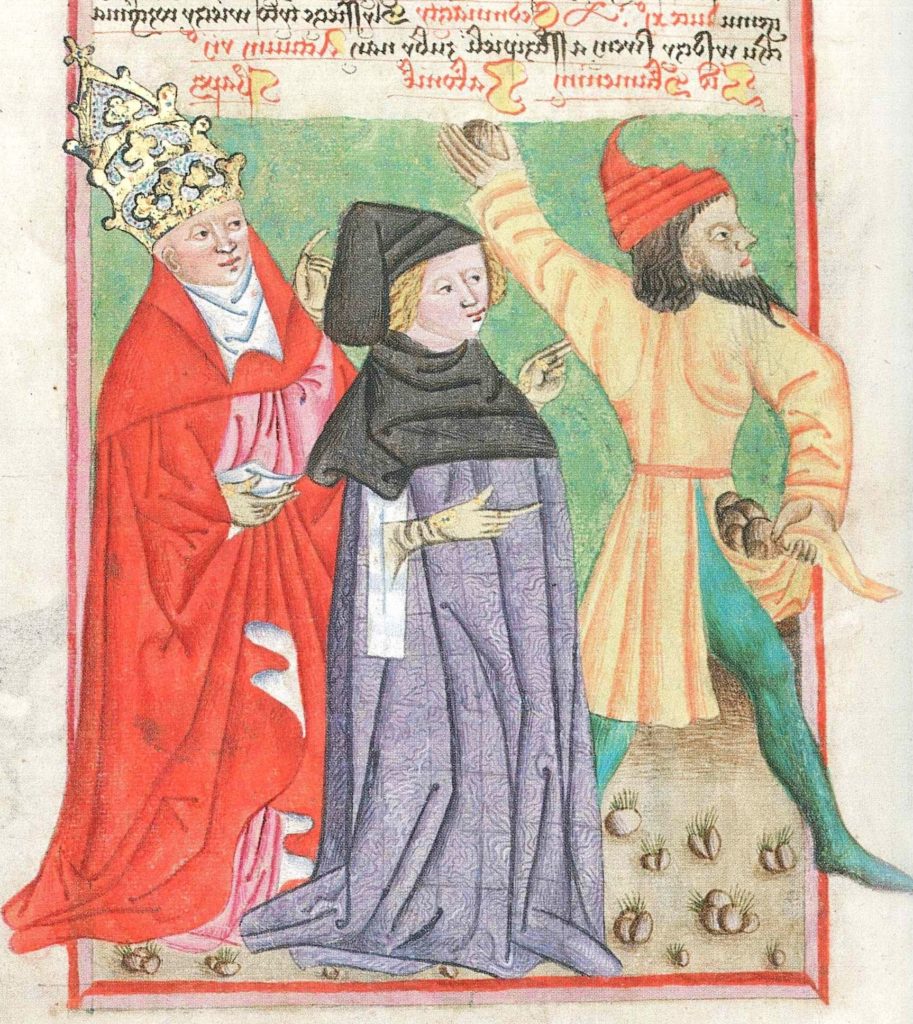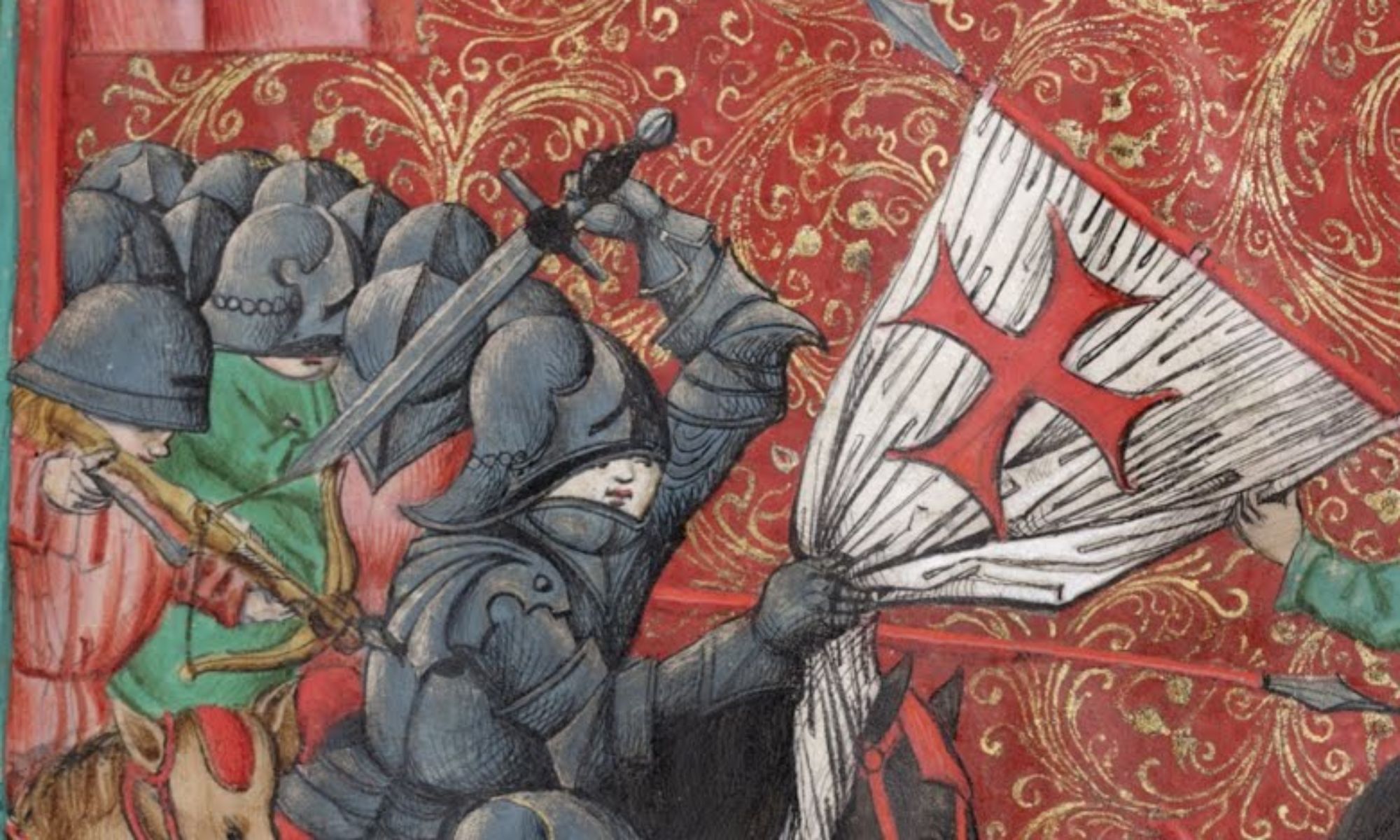
The third international conference of the EXPRO projct will be in Prague on 11-12 November 2021 under the title “Conflict after Compromise: Regulating Tensions in Multi-Confessional Societies in the Fifteenth Century”.
While the resolution of conflict in the Middle Ages has been a subject of intensive research over the past few decades, less attention has been devoted to the post bellum situation. Whether the conflict was resolved performatively (through ritual reconciliation, surrender, etc.), or formally via written reconciliation (increasingly the case in the late Middle Ages), we can suppose that the result rarely, if ever, satisfied all of the feuding parties. In conflicts that did not end with total annihilation of one party, the post-war constellation usually demanded some legitimizing explanation for internal as well as external purposes. Some measure of compromise was necessary for societal stability, though the path to this goal was far from self-evident, especially in ideological and religious conflicts.
This conference will deal with persisting controversies and tensions in those medieval societies that overcame a major conflict, typically (but not exclusively) war. It will focus especially on regions with bi-confessional or multi-confessional populations. Our inquiry is informed by the situation in Bohemia and Moravia after the Hussite wars, where a truce between the Hussites and the Basel Council (the so-called Compactata) was reached in 1436 to secure inter-faith co-existence, both within the Czech lands and in international relations. Although based on written treaties with Emperor Sigismund as well as with the Council, this co-existence involved a number of unanswered questions which call for deeper investigation. Yet the central challenge of inter-faith convivencia is one which was faced by societies throughout contemporary Christendom (especially at its disputed boundaries in the Balkans, the Baltic, and in Iberia) and beyond (Ottoman lands), and thus we believe that the comparative method would help examine and enrich research traditionally bound to specific discursive and national contexts.
